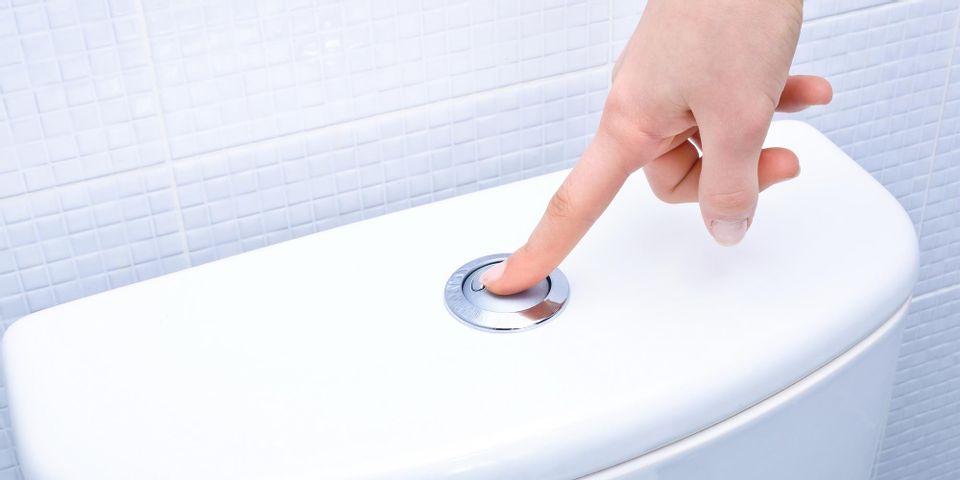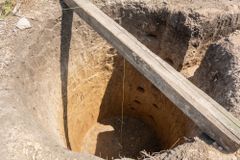
Homes with septic tanks may sometimes feature seepage pits rather than leach fields. It’s essential for homeowners to understand how these wastewater treatment systems work so they can spot issues and call for professional help as needed. Here is a guide to provide some insight into what seepage pits do.
What Does a Seepage Pit Do?
Seepage pits are vertical concrete containers installed six or so feet below ground. They’re usually several feet wide and collect black and grey water from the wastewater treatment system. This container collects dishwater, bathwater, toilet wastewater, and sewage.
These materials mix together with a biomat of anaerobic bacteria that eat the organic matter while letting the remaining fluid pass through the rocks at the bottom of the seepage pit. The effluent mix slowly travels downward as the bacteria and ground filter out dangerous viruses and germs, leaving behind healthy soil and harmless water.
Best Practices for Seepage Pits
 Homeowners must get regular wastewater treatment system inspections to ensure the seepage pit biomat doesn’t get too thick. If these colonies of bacteria grow too big, they may prevent the grey and black water from filtering into the soil and instead create a backup into the home. Periodically have a professional backwash water into the pit to remove buildup at the bottom.
Homeowners must get regular wastewater treatment system inspections to ensure the seepage pit biomat doesn’t get too thick. If these colonies of bacteria grow too big, they may prevent the grey and black water from filtering into the soil and instead create a backup into the home. Periodically have a professional backwash water into the pit to remove buildup at the bottom.
Additionally, monitor what goes down the drains. Never pour grease into the plumbing since it can congeal and limit movement in the septic system. Toss diapers, wipes, and feminine hygiene products into the trash instead of flushing them to avoid clogging septic piping.
If your seepage pit needs professional attention, contact First Quality Environmental on Oahu for a septic inspection. Their team has been in business for over 18 years, offering quality services that protect the unique environment of the Hawaiian Islands. Call the wastewater treatment system managers at (808) 259-0100 to schedule an appointment, or visit the website for more information on their septic tank pumping, video camera inspections, and septic repairs.
About the Business
Have a question? Ask the experts!
Send your question

